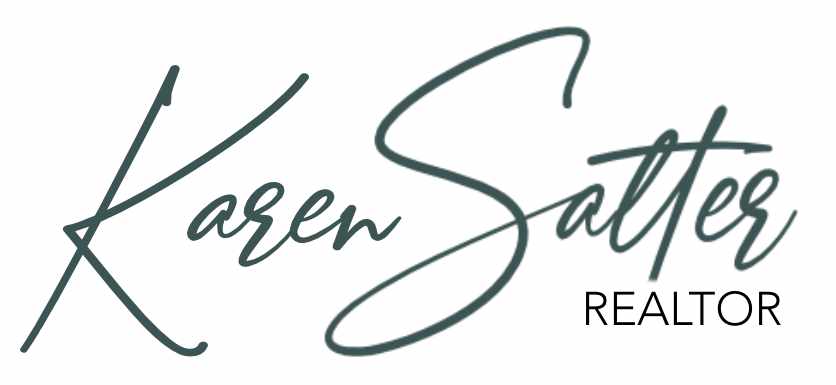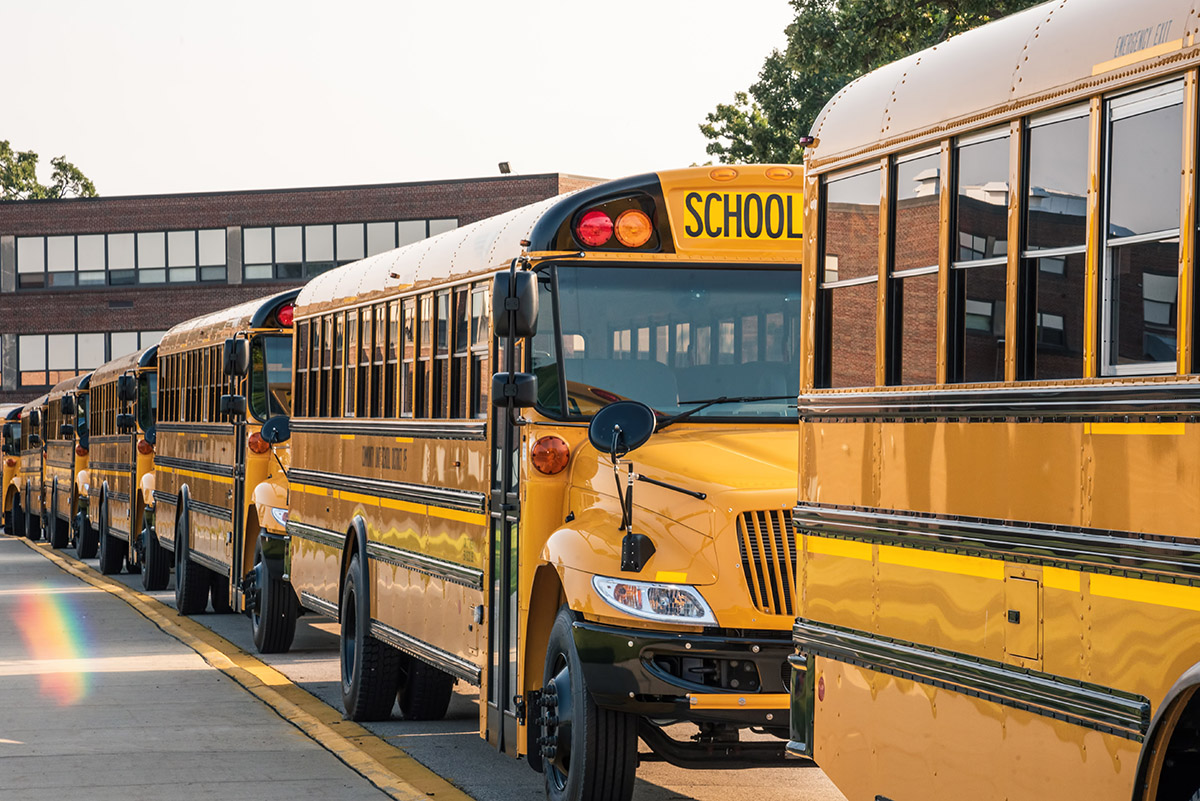There is a lot to unpack when it comes to a discussion on purchasing a home in a top-rated school district. We will explore some of the clear advantages and financial implications of making that choice.
There are also some valid reasons not to purchase a home in a top-rated district. We will look at those reasons as well. Parents are on the hunt for homes in top performing school districts all the time. Entire websites like the aptly named GreatSchools.org make it easier to compare schools- factors like class size, test scores, and numbers of college bound graduates can all be quantified to come up with a list of top performers.
A great school district is very often on top of a family’s list when Karen works with out-of-town clients relocating to north Atlanta. But be advised, you will pay more.
According to the National Bureau of Economic Research, there is a definite correlation between school expenditures and home values. The report, “School Spending Raises Property Values”, found that for every dollar spent on public schools in an area, home values increased by $20. This means that everyone benefits-not just homeowners with school age children.
What about if you don’t have kids, or are an empty nester? Does the wisdom still ring true? Yes it does. Below are the main reasons why.
The Benefits of a Home in Top Rated School District Holds Its Value
When schools manage to get on top, they often, stay on top. So, it stands to reason that buying a home in a top performing district makes a lot of sense to parents wanting access to a great education for their kids, and a great real estate investment. Homes in better school districts tend to keep their value, while homes located in average or low-rated school districts devalue the quickest.
Easier to Sell
The same reasons that make a home in a top-rated school district a little harder to buy, make it easier to sell also, which is a plus when it comes time to sell. You will have more buyer interest, and with more exposure and interest, typically you will get a better price.
Savings on Private School Tuition
Over the course of 12 years of education, attending public school vs. private is a considerable financial savings for families. Add in private education for multiple kids, and that cost can be astronomical.
The Paradox
On average, homes in top-rated school districts tend to cost more. “Economists have estimated that within suburban neighborhoods, a 5 percent improvement in test scores can raise prices by 2.5 percent,” reports The New York Times. So, buyers sometimes find themselves choosing between nice homes in lesser rated school districts, and less impressive properties in better
school’s districts.
Check back for Part 2 of this blog series.









